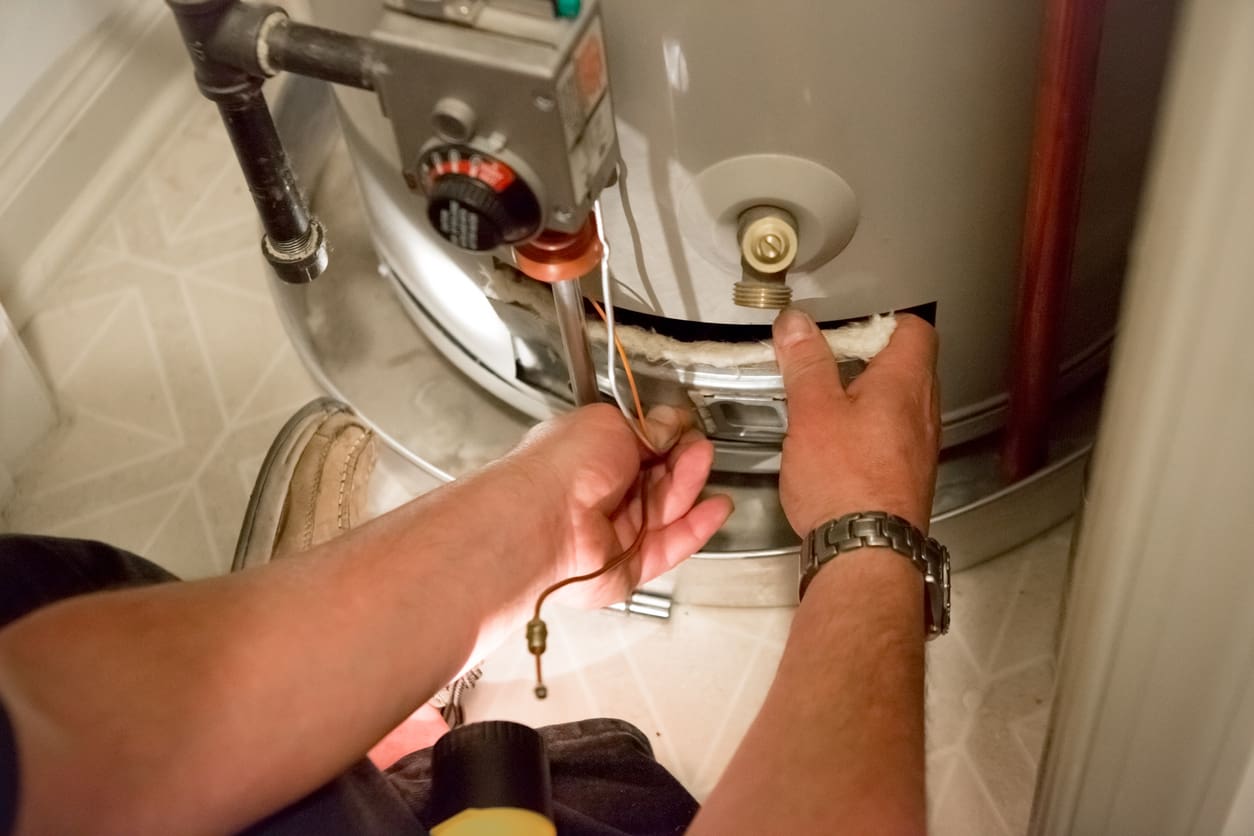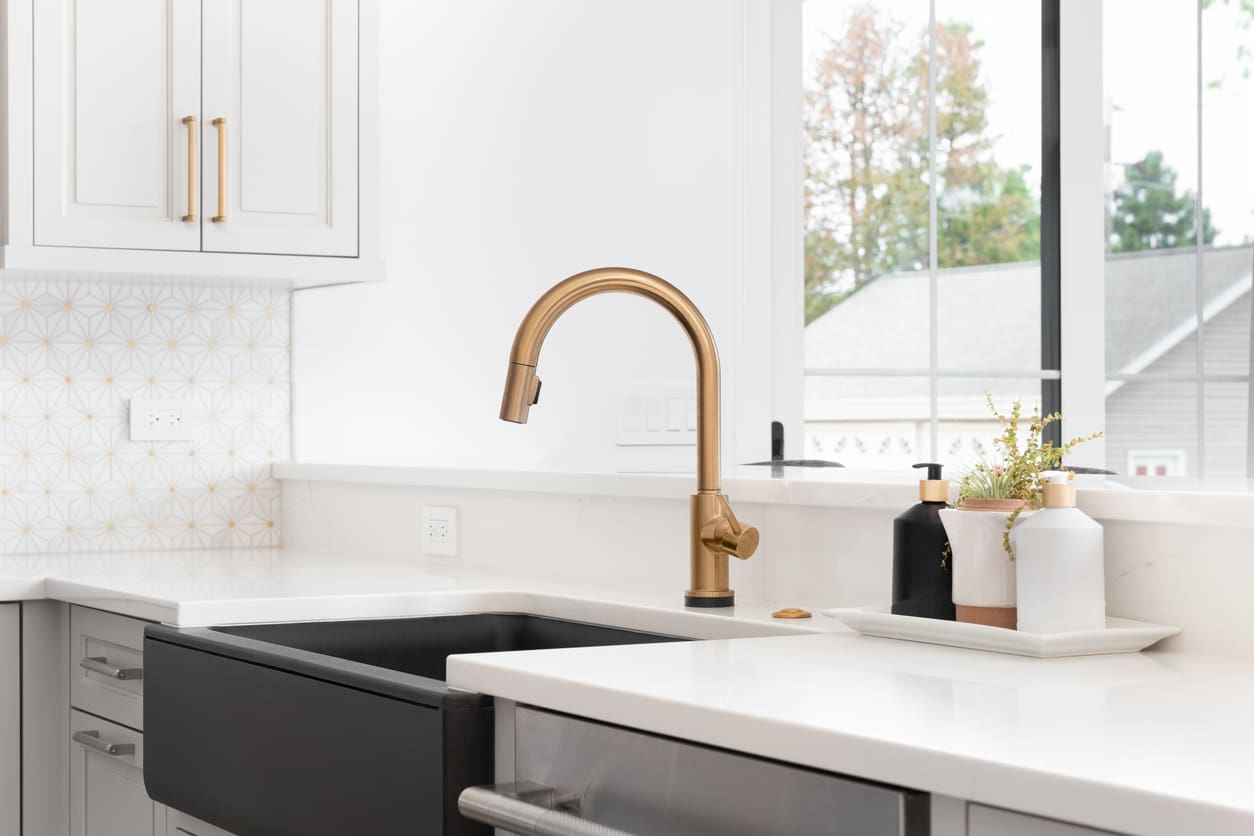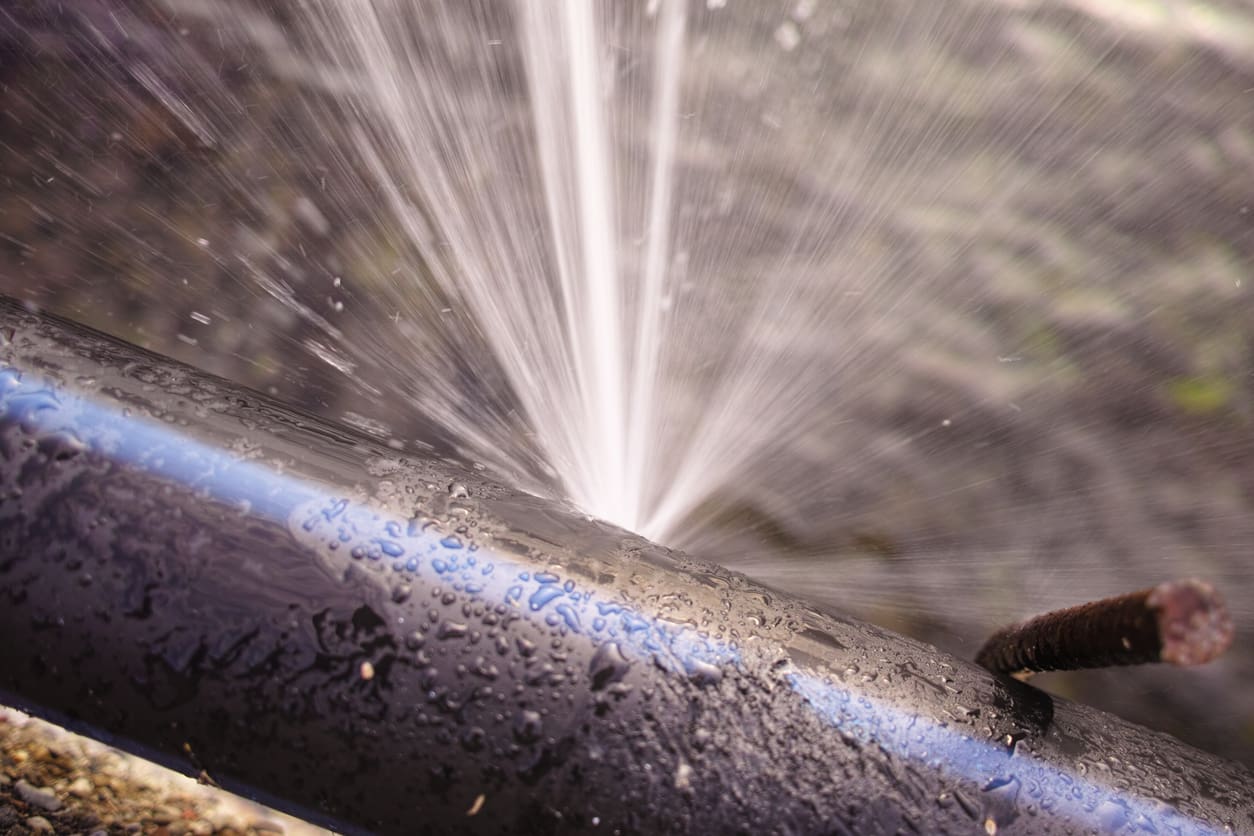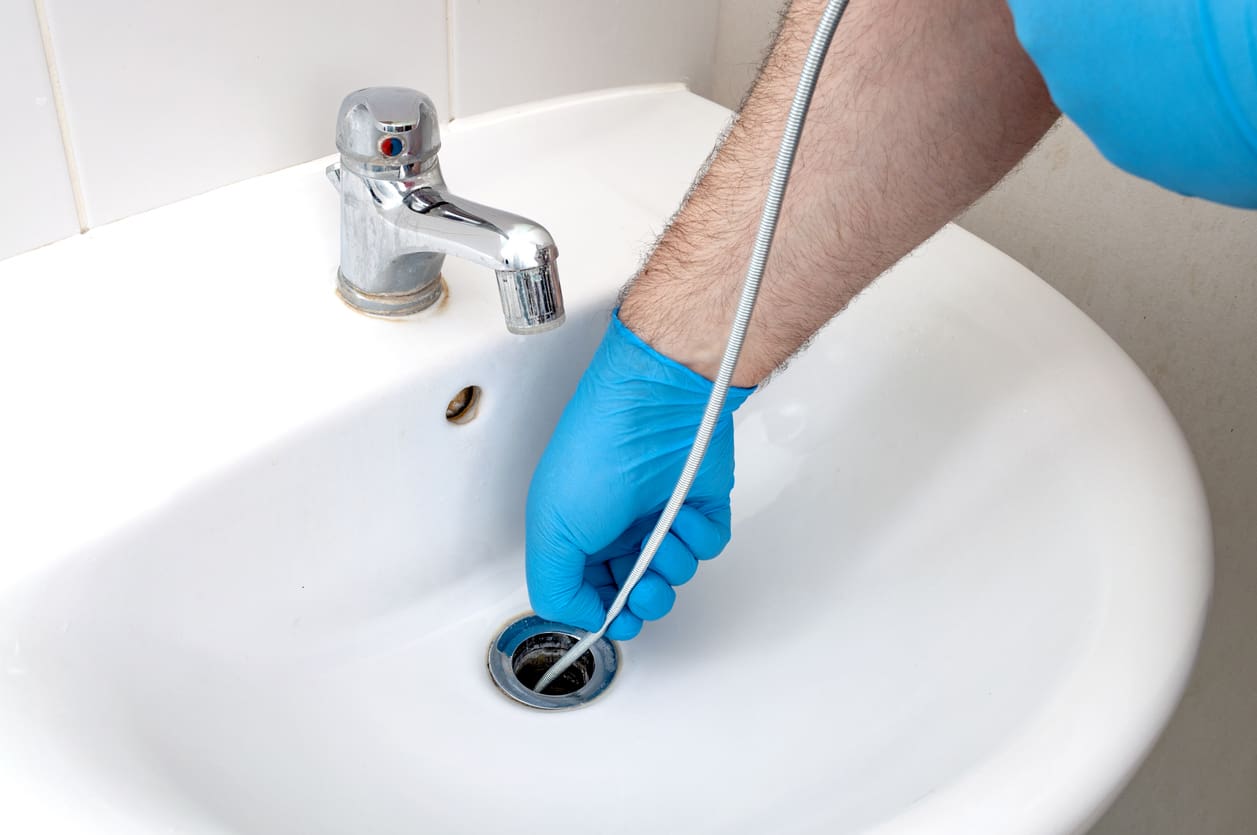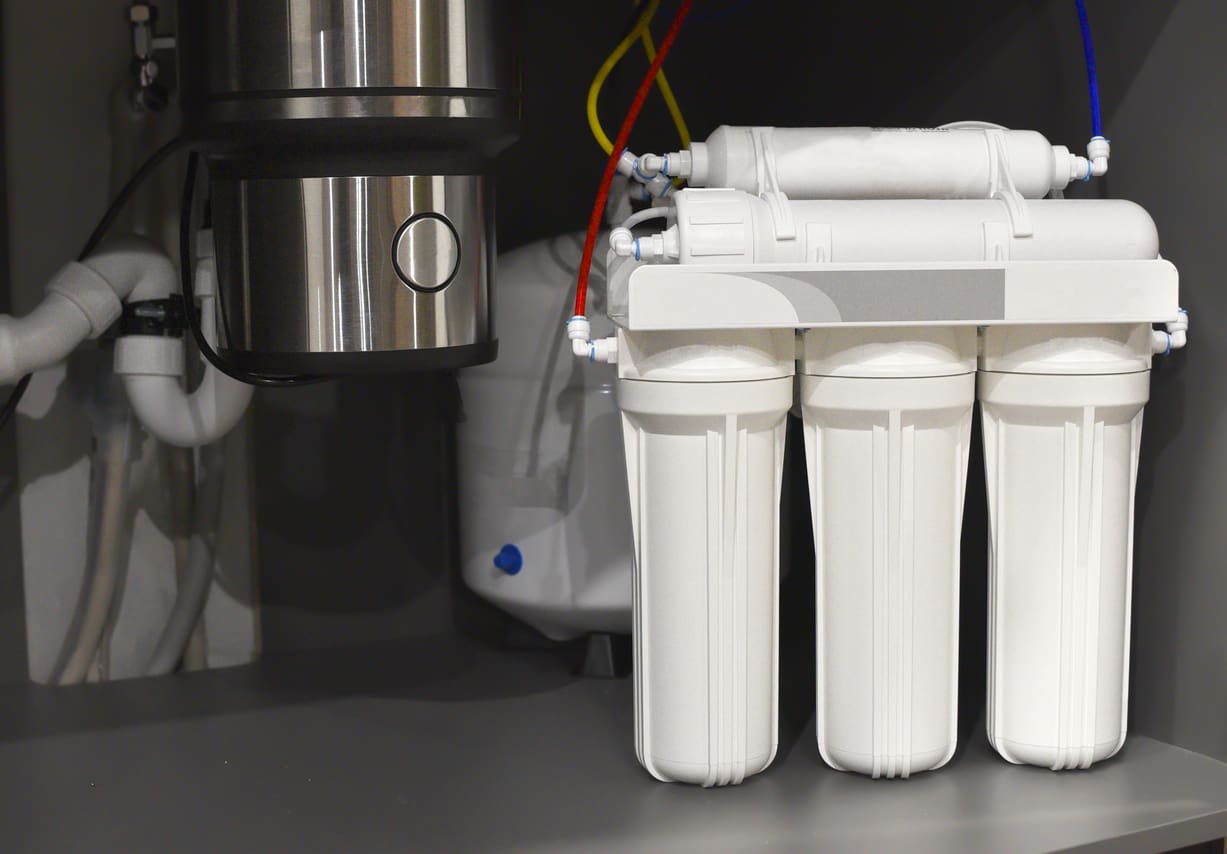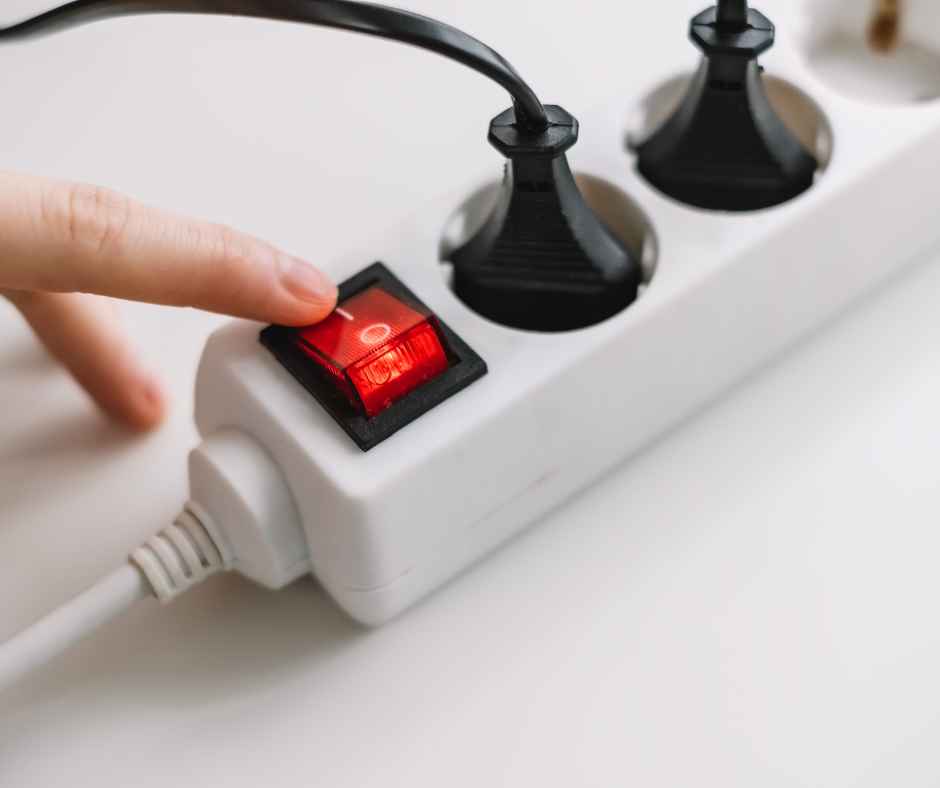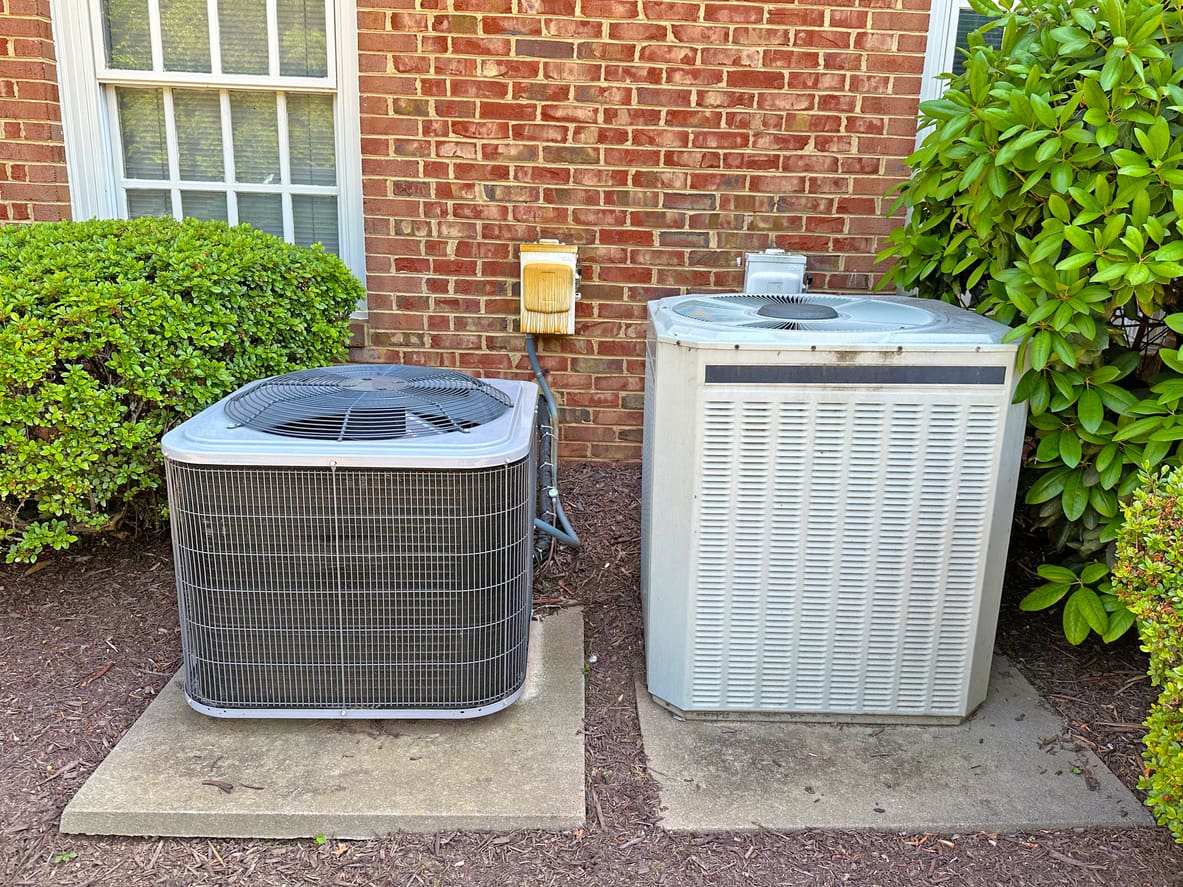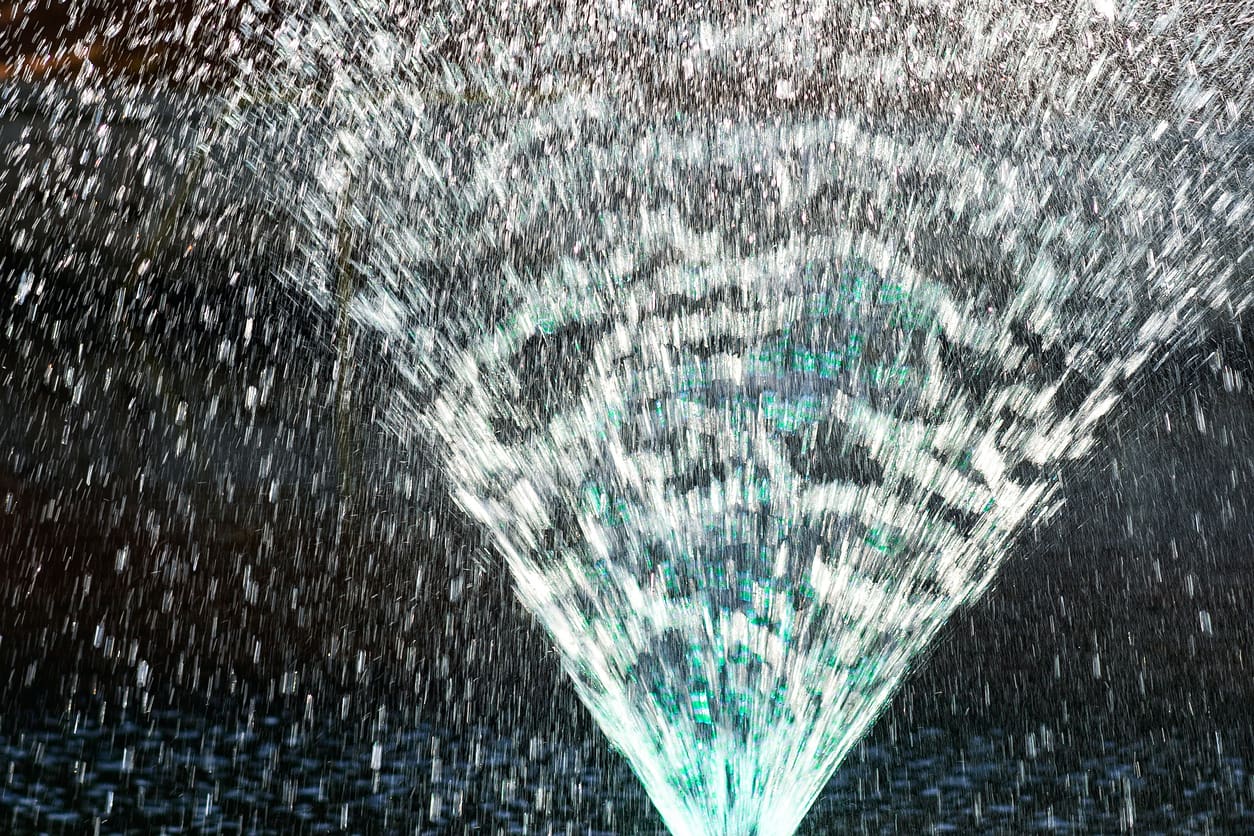
When it comes to home maintenance, understanding and maintaining the ideal water pressure is crucial for ensuring both the efficiency and longevity of your plumbing system. This article will explore what constitutes normal house water pressure, how to check and adjust it, and the implications of pressure that is too high or too low.
Understanding Water Pressure
Water pressure is the force that pushes water through your home’s plumbing system. It is measured in pounds per square inch (PSI), and the right pressure ensures that your appliances and fixtures work effectively without causing damage. But what is normal water pressure for a house, and how does water pressure work to begin with?
Normal Water Pressure Range
The typical range for residential water pressure is between 40 and 60 PSI. If your water pressure is set within this range, you’re likely to experience optimal performance from your plumbing fixtures and household appliances such as dishwashers and washing machines. Water pressure that is too low may result in poor shower performance, slow-filling toilets, and inadequately cleaned dishes. Conversely, too high pressure can stress your pipes, leading to leaks, burst pipes, and damaged appliances.
How to Check Your Home Water Pressure
Checking your home water pressure is a straightforward task that can save you from future plumbing troubles. Here’s how you can do it:
- Purchase a Pressure Gauge: These are available at most hardware stores and are relatively inexpensive.
- Attach the Gauge: Screw the pressure gauge onto a hose bib, typically found on an outdoor faucet.
- Turn on the Tap: Open the faucet to its full capacity to get an accurate reading of your home’s water pressure.
This process will show you the PSI level at which your water is currently operating. If you discover that your pressure is outside the 40-60 PSI range, adjustments may be necessary.
Adjusting Your Water Pressure
If your reading is too high or too low, adjusting your water pressure is usually manageable through your home’s pressure reducing valve (PRV):
- Locate the PRV: This is typically found where the main water line enters your home and before it branches off to other pipelines.
- Adjust the PRV: Using a wrench, you can tighten or loosen the PRV to increase or decrease the pressure. Turn the valve clockwise to reduce the pressure or counterclockwise to increase it.
- Recheck the Pressure: After adjustments, use your pressure gauge again to check that you’ve reached the desired PSI level.
The Importance of Professional Help
While adjusting the pressure yourself is feasible, understanding the intricacies of how water pressure works within different home systems can be complex. Incorrect adjustments can lead to significant issues, which is why it’s often best to seek professional help if you’re unsure.
Potential Problems of Incorrect Water Pressure
High Water Pressure: While it may provide a satisfying shower, high water pressure can lead to increased water bills, and strain on pipes and fixtures. This might result in frequent leaks, running toilets, and premature wear on your appliances’ hydraulic systems.
Low Water Pressure: Not only is low water pressure inconvenient, but it can also be indicative of bigger problems like pipe blockages or leaks. If your home’s water pressure suddenly drops, it’s crucial to check for these issues promptly.
What is Normal Water Pressure for Your Home?
To determine the ideal water pressure for your specific situation, consider the size of your home and the number of water fixtures. Larger homes with more bathrooms, for instance, might require slightly higher pressure settings within the safe range to adequately supply all outlets.
The Role of Household Water Pressure in Daily Life
Everyday activities, from bathing to cleaning and cooking, rely on consistent and reliable water pressure. Household water pressure that is properly regulated ensures that these activities can be carried out efficiently, contributing to the overall comfort and functionality of your home.
Why Professional Assessment Matters
Because many factors can influence residential water pressure, having a professional assess your plumbing system can provide peace of mind and prevent future problems. Professionals can offer tailored advice based on the specific characteristics of your home and its plumbing system.
Conclusion
Maintaining the right home water pressure is more than just a matter of convenience; it’s essential for safeguarding the integrity of your plumbing system and ensuring efficient operation of household appliances. If you’re experiencing issues with your water pressure or need a professional assessment, don’t hesitate to contact Lazer Home Services. Our experienced team is here to help with all your plumbing needs, ensuring that your home operates smoothly and efficiently. Call us today and let us take the pressure off your plumbing worries!

